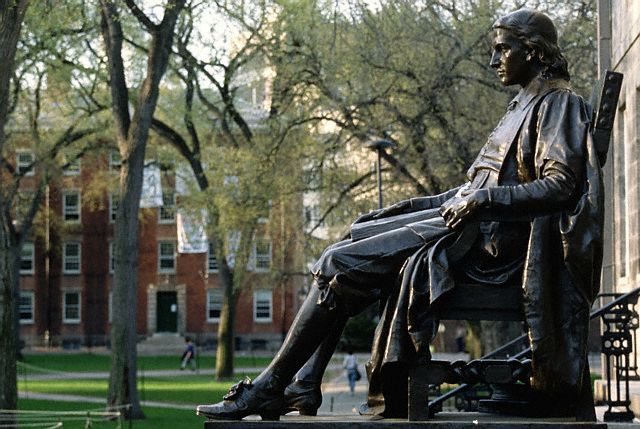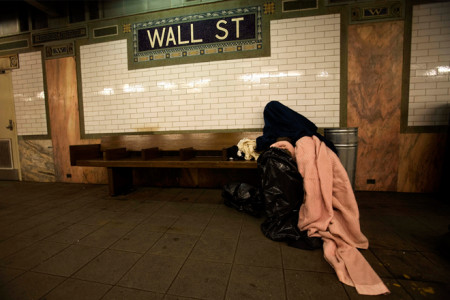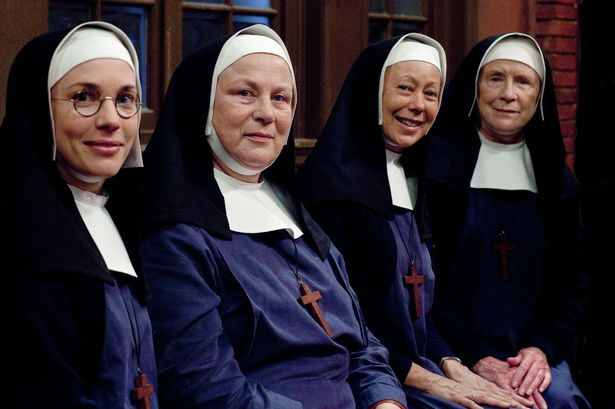
How did we become a society that passively accepts the injustice and discrimination inherent in inequality? How did we come not to care? It would undoubtedly take me a very long time to adequately address that question, but in this and the next two posts I offer a few small clues.
We are each the stars of our own lives
First up is Pierre Rosanvallon’s recent book The Society of Equals. In a review of the book, Paul Starr mentions what may be an impediment to a society of equals: We see ourselves not simply as individuals, but as unique singularities. (emphasis added in this and the following quotations)
The story that Rosanvallon tells here is that as new forms of knowledge and economic relations have emerged, people have come to think of their situation in less collective ways. Since the 1980s, he writes, capitalism has put “a new emphasis on the creative abilities of individuals,” and jobs increasingly demand that workers invest their personalities in their work. No longer assured of being able to stay at one company, employees have to develop their distinctive qualities—their “brand”—so as to be able to move nimbly from one position to another.
As a result of both cognitive and social change, “everyone implicitly claims the right to be considered a star, an expert, or an artist, that is, to see his or her ideas and judgments taken into account and recognized as valuable.” The demand to be treated as singular does not come just from celebrities. On Facebook and many other online sites millions are saying: here are my opinions, my music, my photos. The yearning for distinction has become democratized.
Rosanvallon does not criticize the society of singularities, with its “right to be considered a star.” Since it’s now a fact of life, we need to figure out how to deal with it. Read more






